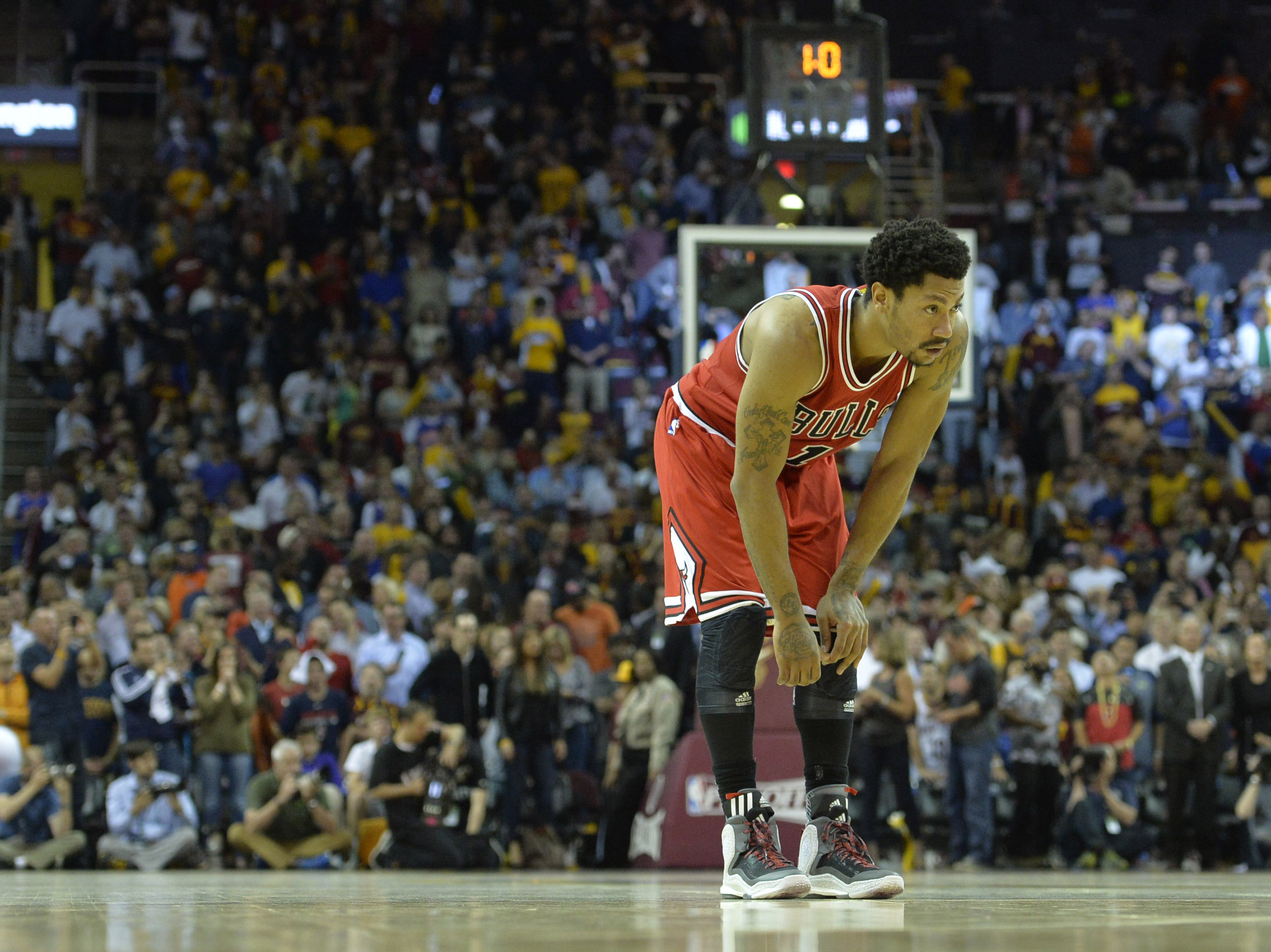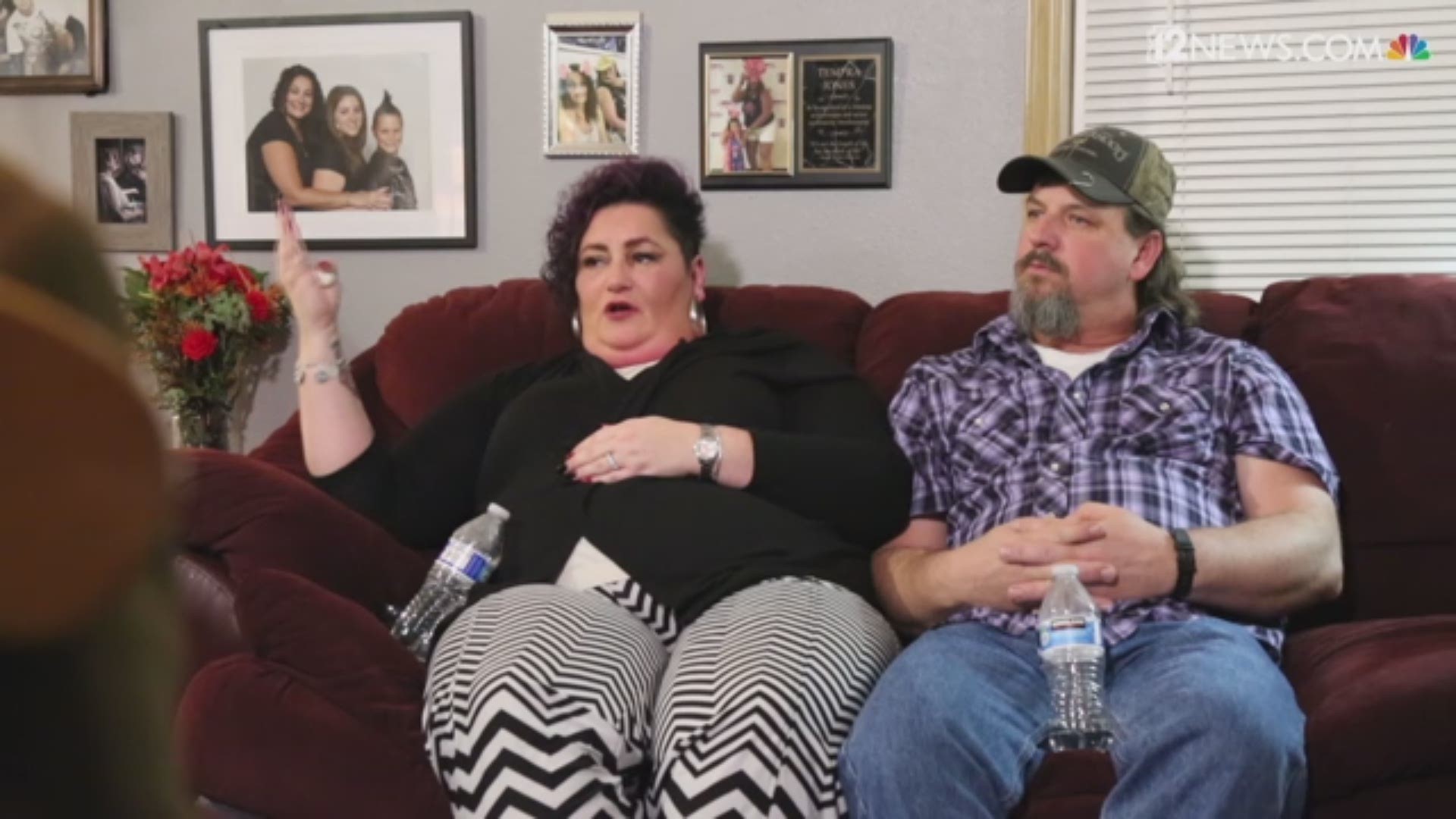CHICAGO - The Chicago Bulls have been hamstrung since Derrick Rose tore his ACL in the first round of the 2012 playoffs.
Should they build around the NBA’s youngest MVP, knowing his knees have had significant tread? Could they rely on their franchise player despite unsolicited comments about free agency, as Rose made at Bulls media day in 2015? How much value was there for a guy with three separate knee surgeries since 2012?
"I said this five or six years ago. Derrick gave you some clarity," Bulls GM Gar Forman said when asked how much Rose's initial knee injury affected the organization. "In other words, in putting together a team, one of the first questions we would ask as a front office is, 'Does it fit Derrick Rose?'"
That question changed as the knee injuries mounted, but those were the quandaries the Bulls have navigated for the better part of the past four years.
On Wednesday, they put an end to their perpetual dilemma by dealing Rose, Justin Holiday and their 2017 second-round pick to the New York Knicks in exchange for center Robin Lopez and guards Jose Calderon and Jerian Grant. Rose had one year left on his contract.
With Rose, who had played in just 127 regular season games since the 2011-12 season, the Bulls had a homegrown star who they couldn’t rely on. He was initially beloved by their fans after winning the MVP at 22 years old, but it was the fact that he could never regain his status among the NBA’s elite that made Bulls fans so frustrated despite his best efforts. Clumsy missteps in the media never helped his image or gave him the benefit of the doubt.
“Derrick has meant a lot to this organization and this city and to this team and has had to overcome a lot over the years with all the injuries to get back to the point he was,” Bulls GM Gar Forman said. “But in putting our plan together, we felt as a first step this really made sense for us. … We felt we needed to start getting younger and more athletic.”
As of Wednesday afternoon, Forman hadn’t reached Rose directly. He said several calls went straight to voicemail, but that he’d talked to B.J. Armstrong, Rose’s agent.
The Bulls, who missed the playoffs this past year for the first time since 2008, decided to make the move because, as Forman said, they felt their window was closing. And though he classified the decision as a “re-tool” and not a “re-build,” the Bulls are nowhere near competing with the Cleveland Cavaliers, whose own prodigal son LeBron James just ended the city’s 52-year title drought.
In defending the decision, Forman seemed genuinely pleased with the Bulls’ return. Grant, a second-year wing, gives the Bulls more athleticism there, and Lopez gives the Bulls some leverage at center with both Joakim Noah and Pau Gasol set to enter free agency.
“Jerian Grant, a year ago, was very, very high on our draft board, was somebody we hoped would slide to the position we were in,” Forman said, who compared Grant to another first round pick. “We did a lot of work on him. We think he’s a fit with what I talked about, getting younger and more athletic. We think he’s good in transition, with pace and we think he’s a good pick and rolling player.”
Grant should fit extremely well with Jimmy Butler, the Bulls’ most valuable player over the past two seasons.
“Obviously Jimmy being an All-Star is our best player,” Forman said. “But I don’t think you go as far as saying it’s this guy’s team. It’s everybody’s team.”
The on-court dynamic between Rose and Butler was part of the problem with last year’s team, but injuries decimated their starting rotation. The Bulls also sent a subtle message by sending Butler to the NBA’s draft lottery as the team’s representative, making it clear which one was the team’s franchise player moving forward.
Now there’s no longer a question. It’s Butler’s team, whether they’re equipped to compete in the near future or not.

![Derrick Rose is leaving The Chicago bulls, And that's A good thing [video : 86265666]](http://videos.usatoday.net/Brightcove2/29906170001/2016/06/29906170001_4975024869001_4974985346001-vs.jpg?pubId=29906170001)

